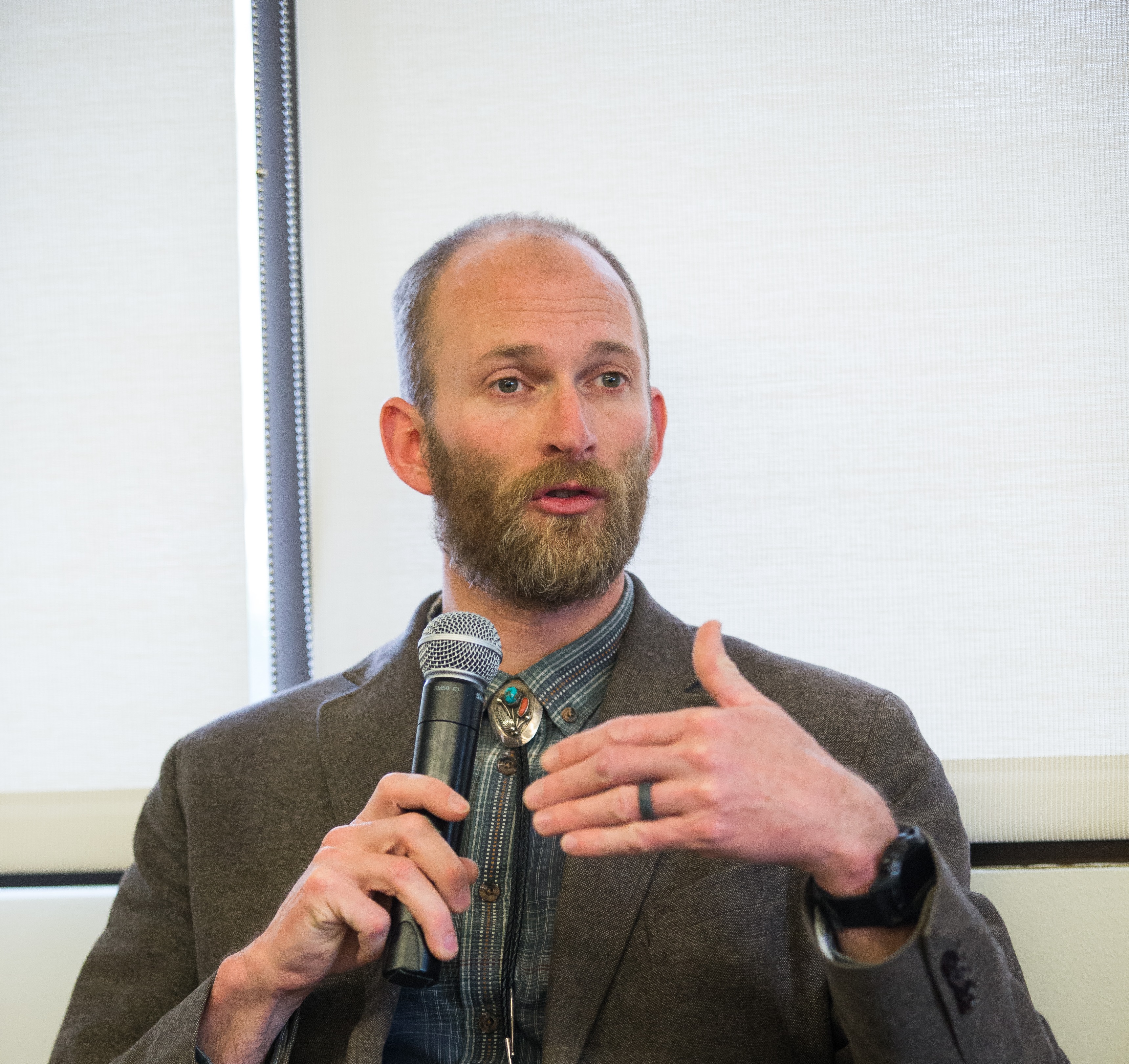Transform recently sat down with several customers at a Microsoft event highlighting emerging trends in data and artificial intelligence (AI). We spoke with Joel McCune, a spatial data scientist in GeoAI business development at Esri, which provides geographic information system (GIS) software.
TRANSFORM: How does your company use AI to serve customers?
JOEL MCCUNE: Our customers span a tremendous breadth and depth. All of them in various ways are struggling under the drowning amount of data that’s coming in, particularly as it relates to aerial imagery.
We are exploring the ways in which we can supercharge the intersections between machine learning and geography: How can machine learning layer in and add context to geographic analysis. [We’re] trying to make something that’s actionable and intelligible out of something as simple as parcel information or zoning.
TRANSFORM: Can you give us a specific example of a customer problem you solved?
MCCUNE: The director of real estate [at a retailer] said, “My top-level management is pushing right now to demonstrate the value that we have to online sales. I have no clue how to do that.”
Using demographic data, we were able to give an accurate measure of the value that their stores contributed to bottom line sales, not only through the in-store sales channel but also the effect on their online sales channel. We were able to then use this as a forecasting model to [identify] locales that they should expand into, down to the specific zip code.
TRANSFORM: What challenges do you face in deploying artificial intelligence, and how do you manage them?
MCCUNE: We’re having to educate our customers on where machine learning fits in. There’s one organization that we visited, and they had an advanced analytics building. They had a machine learning team and they had a GIS team. They literally were next door to each other, (but) they had no clue that they could actually work together.
Another challenge is that the technology is changing incredibly fast. We build software that interfaces with other software, and if you keep things modular, it’s a lot easier. It’s like [building blocks]. You can pull out a block and slide in another. On our system, the only part where my team is doing a lot of development work is just on the machine learning side. So, I don’t have to rewrite a full stack architecture.
TRANSFORM: What is a high impact application for your industry in the near future?
MCCUNE: This intersection of geography and machine learning is uniquely poised to model and address climate change in ways that we haven’t even conceived of yet.
Being able to understand the complex (climate relationships) and their implications. We’re seeing tornado outbreaks, unusual weather, record amounts of snow. These are definitely things that that are not normal. Being able to model those out and understand what is happening, that’s where machine learning is really going to come to the forefront.
Related: Case Study: Esri lands 20 joint wins

